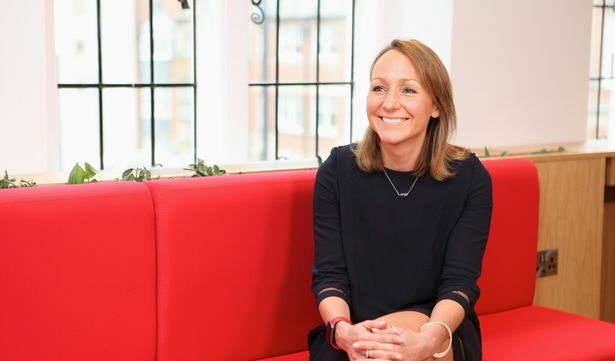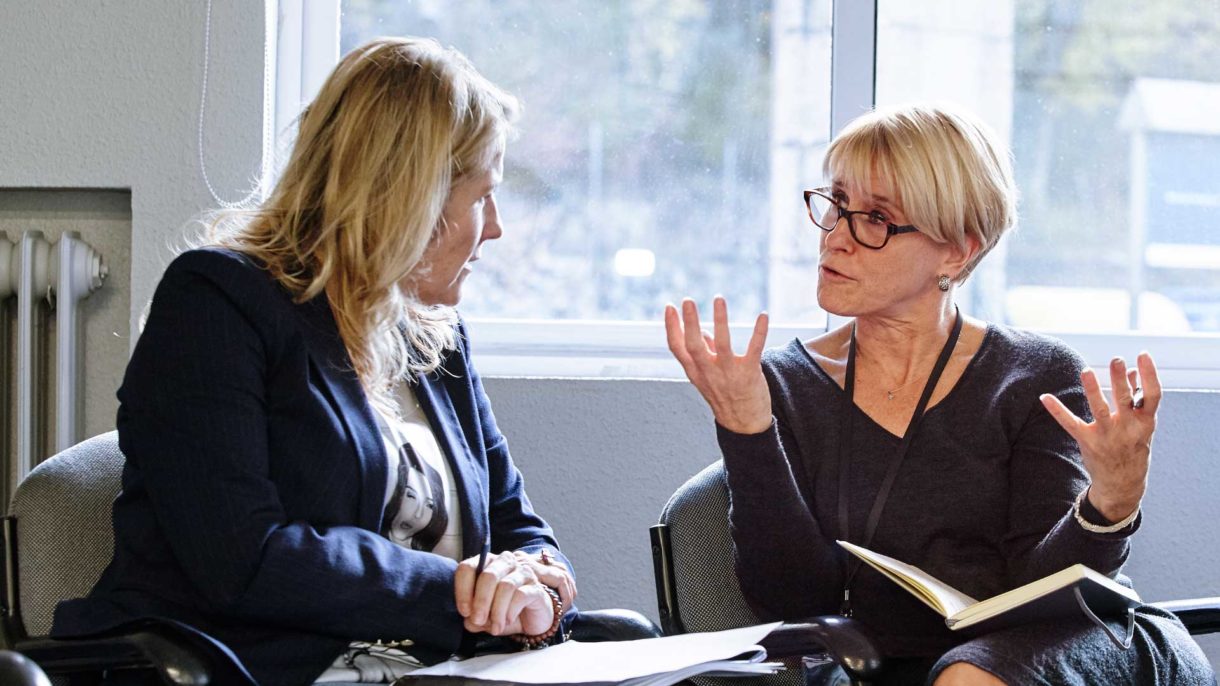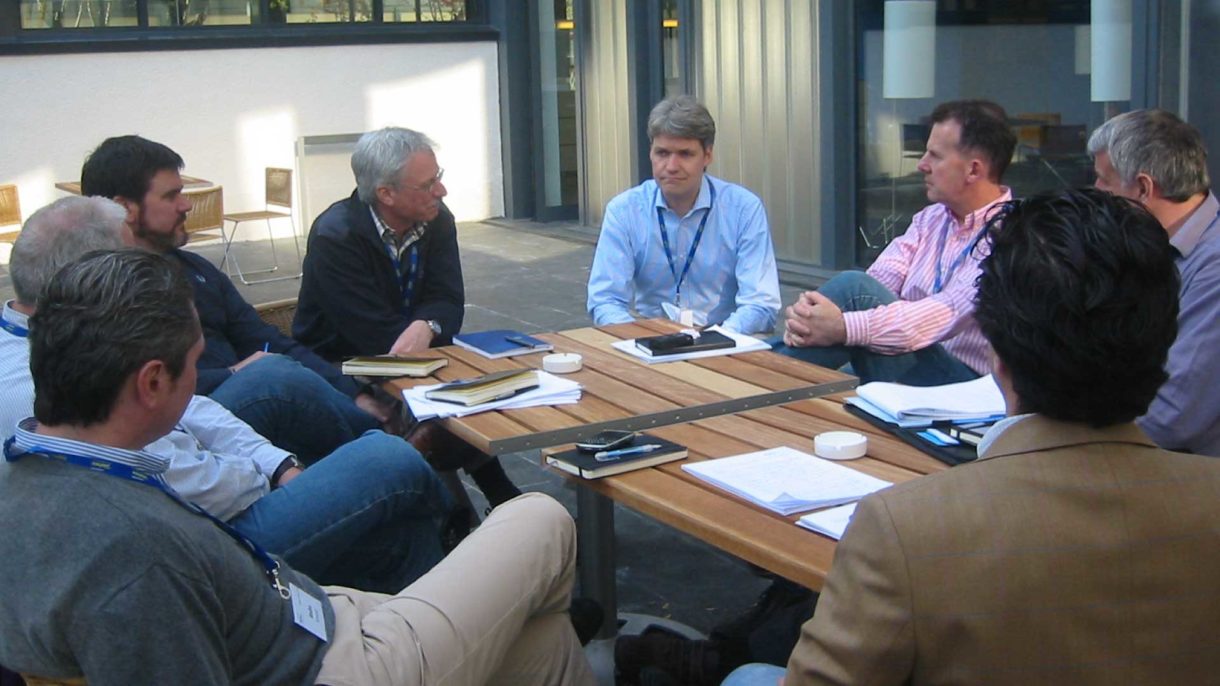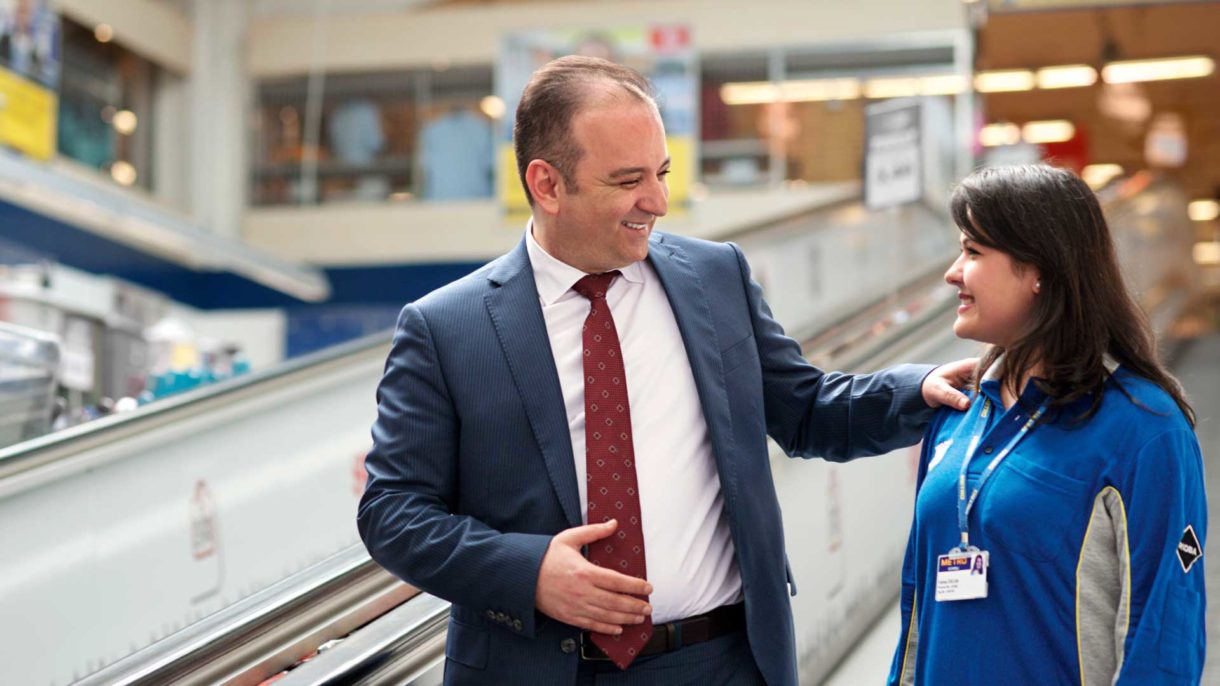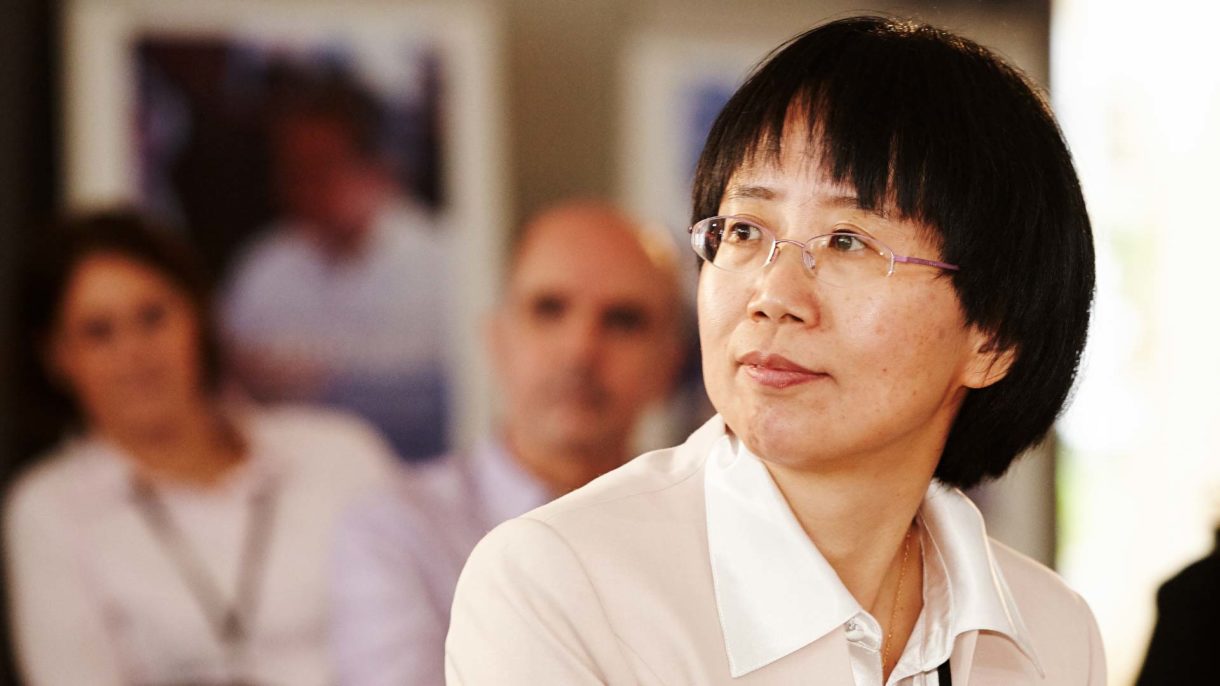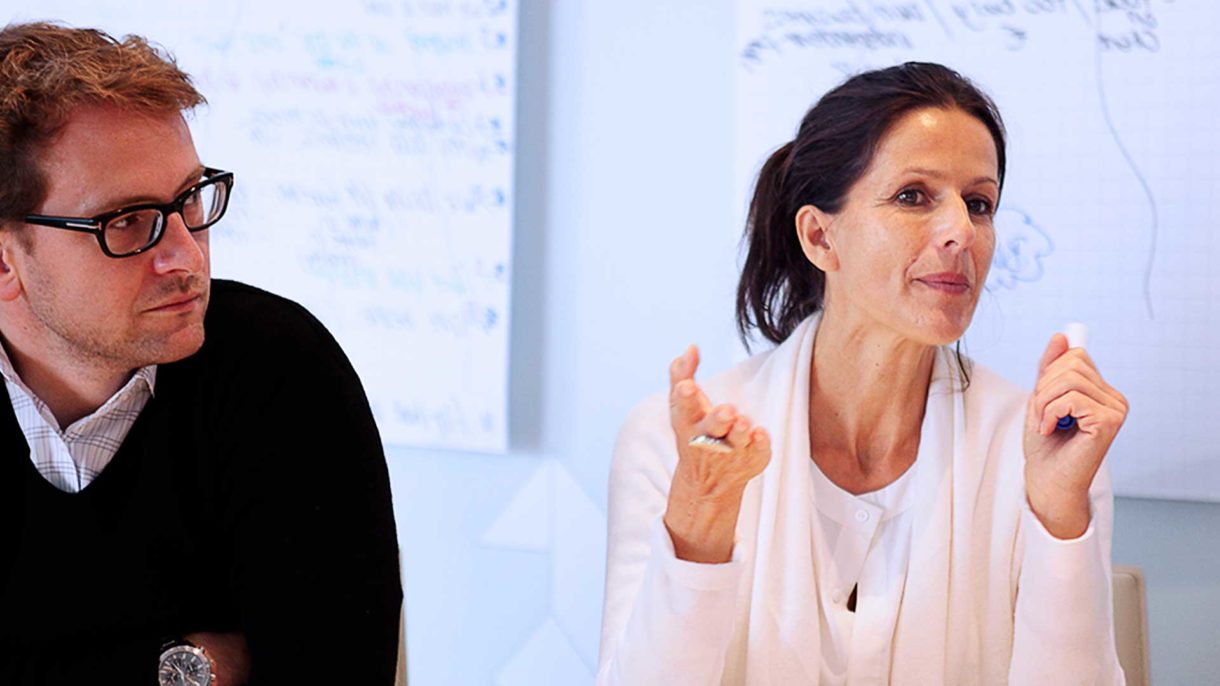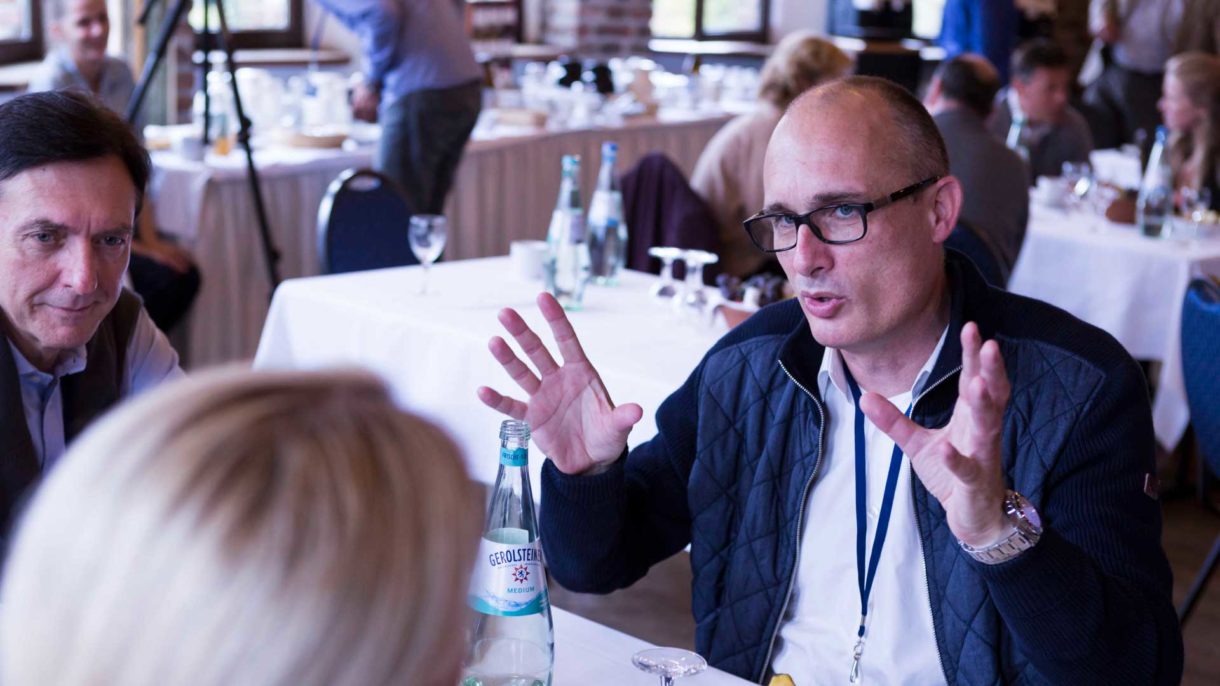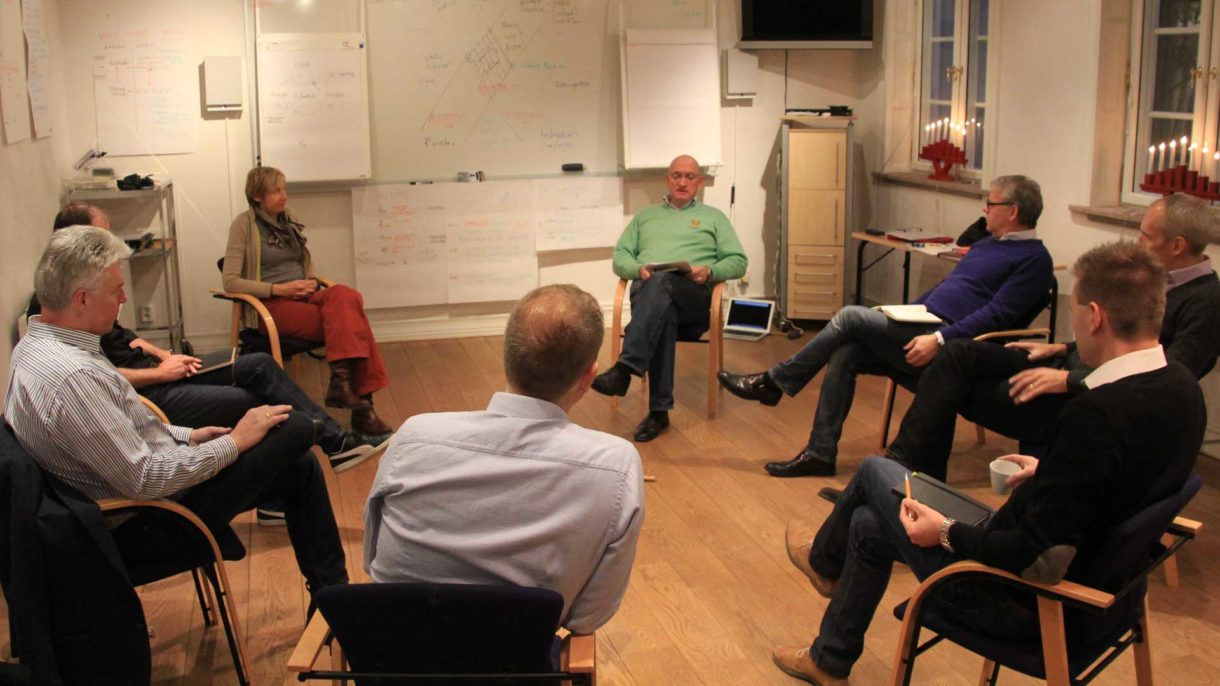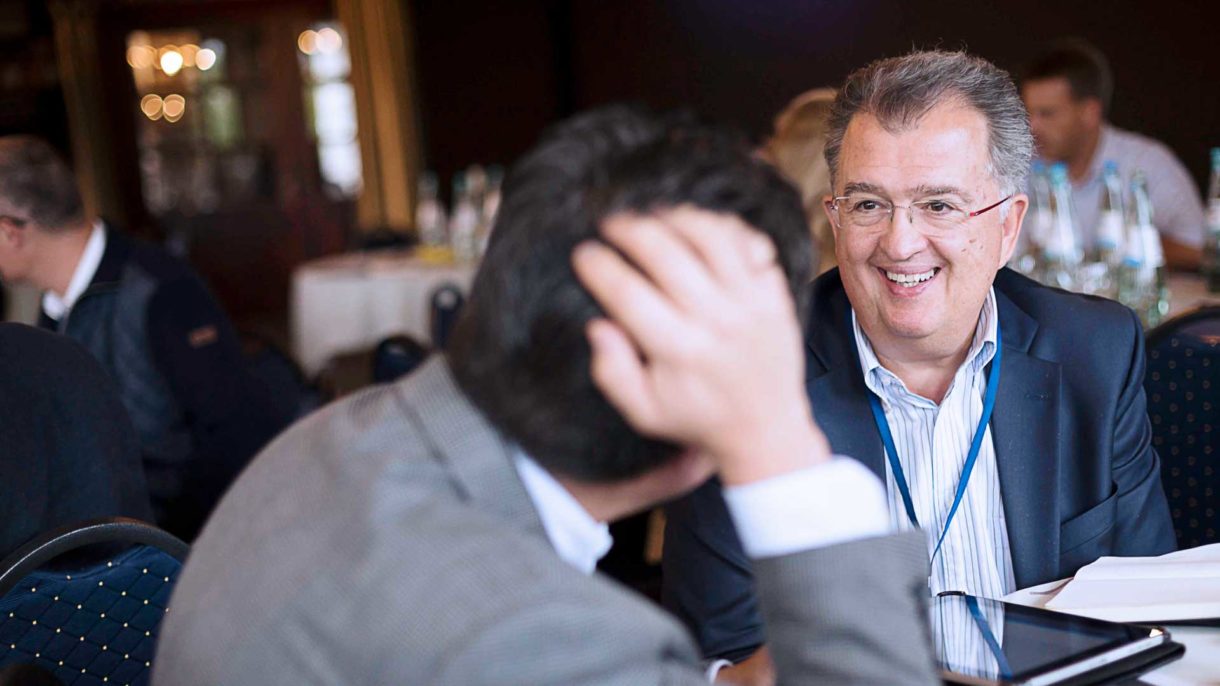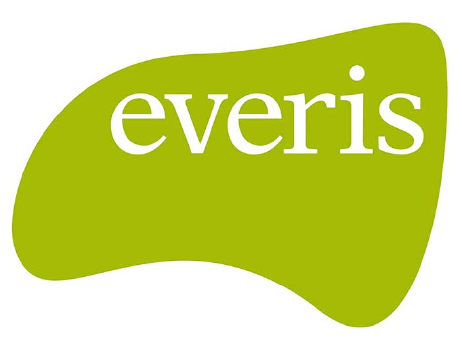
everis engaged Oxford Leadership to help them develop a leadership style that supports their ambitious growth plans.
Background
everis is a multinational consulting firm providing business, technology, and BPO solutions, application development, maintenance, and outsourcing services. The company, established in 1996, has a presence in Europe and Latin America. everis has averaged 20% annual revenue growth and grew from zero to more than 10,000 consultants in 15 years. The firm became part of NTT Data in January 2014.
Challenge
everis wanted to find a strategic partner or an investor that would provide the capital to allow the company to compete successfully with big players like Accenture, IBM, etc.
Objectives
everis had two primary goals:
- Developing a leadership style that supports the ambitious growth plans of the company.
- Conducting a successful implementation of the recently redefined corporate values and ensuring that people understand and live these values.
Solution
We designed a programme for everis created from a combination of four of our methodologies:
- Self-Managing Leadership Programme—in which a 90-day, personal action plan is defined.
- Buddy System—to support the implementation of the action plan over six months.
- Leading High-Performance Team Programme—in which a 90-day team plan is defined.
- Business Mentoring (optional).
We at Oxford Leadership focused on real company problems at everis. Key elements of the programme we designed included:
- Incentivising peer-to-peer relationships and a culture of absolute personal responsibility.
- Creating a global framework adapted to local needs and culture.
- Adding value through new, outward-reaching global and pan-regional business growth strategies.
- Clarifying personal purpose and aligning it with that of the organisation
- Evolving the personal mindset and defining the key vital behaviours that will make the biggest difference.
- Developing a highly focused, 90-day plan to sustain personal change and increase personal effectiveness.
- Assuring that leaders understand and learn the tools needed to put into practice the key elements of a High-Performing Team such as the creation of a common meaning, a sense of affiliation, an environment of security and trust, and the context that allows people to be determined and passionate.
We created a five-step process to accomplish this programme:
- Collaborative design began with interviews of everis partners before the launch of the project to gain an understanding of the future of the company and how the programme could support it. From these interviews, we developed customised materials.
- Pilot programme with everis’s partners and directors in Europe focused on how to change the mindset of employees to create beneficial cultural habits and take teams from good to great.
- Roll-out to partners, directors, and managers in Europe. When top management perceived the change of energy and motivation in company managers after attending our programme, they decided that the programme should be rolled out across the entire organisation with an accelerated implementation.
- Roll-out to company partners and directors in eight countries in Latin America, with an average of 400 participants each year.
- Business support for the Boards in Latin America and Europe in the execution of their strategic plans and the refinement of their own team dynamics.
In some cases, the partners even brought their most relevant clients to the programs to share the results with them.
Results
As a result of this successful collaboration, Oxford Leadership has been engaged by everis to support the company’s next steps, which include assisting in the integration process with NTT Data. We are in the planning stage of a pilot programme.
everis identified the following insights gained from its experience with Oxford Leadership:
- Critical mass adds value, accelerates change, provides synergies, and helps to create a common language across the company.
- Relevance and importance of top management involvement (in this case, the CEO).
- The programme should have flexibility to adapt to the changing context
- The impact is higher if the programme is aligned with business objectives (e.g. increased efficiency, selling new projects, etc.).
- It is essential to have facilitators that understand the business reality whilst being excellent in leadership and facilitation.
Stay up-to-date with our latest news:
Subscribe